Ahead of an appearance on NFL Total Access tonight at 7 p.m. EST, NFL free agent Ryan Russell writes about how the league has historically dealt with social issues, and why it gives him a hesitancy around renewed claims of LGBTQ+ inclusion.
In 1975, after he retired, David Kopay was the first NFL player to come out as gay (and only 13 former players have come out since then). This Sunday, the League celebrated National Coming Out Day with a public service announcement, saying that it was ready for its players to come out when they were comfortable. It included notable current NFL players such as Rob Gronkowski, DeAndre Hopkins, and Calais Campbell, all showing themselves as allies. It also included former out players like Wade Davis, Jeff Rohrer, and Ryan O'Callaghan.
I am an out bisexual NFL free agent, and I took part in the video as well as I desperately hope that we are finally ready for this change. But if I look at the history of our sport, I'm skeptical too.
The NFL has been on the wrong end of a lot of controversies, always two steps behind in admitting its faults and taking action with carefully crafted and branded messaging. In two important issues from the past decade, I see troubling behavior that does not set an ideal precedent for this newest initiative: domestic violence within the league's ranks, and with peaceful protest of police brutality and systemic racism.
It took a slew of domestic violence cases going public before the NFL decided to take a stand against violent offenders in the locker room. In 2014, we saw this come to a head when a video of Ray Rice, former Baltimore Ravens running back, viciously assaulting his then-fiance in an elevator was leaked to TMZ. The team and League at-large knew of the case before it went public but didn't take real action against Rice until after the video was leaked.
That same season, we saw domestic violence cases pop up with household names like Adrian Peterson, Greg Hardy, and seasoned vets like Ray McDonald. The following season during Sunday football games, both in-game and on the TV screen, we saw PSA's against domestic violence, and the NFL form organizations to combat this plague.
It was a welcome start, but it's all in the follow through.
Has much really changed since 2014? Now teams are quick to cut players after a case of domestic violence is brought to light, but these players are still signed elsewhere in the League and offered big payouts -- take Kareem Hunt for example who was cut by the Kansas City Chiefs and then signed by the Cleveland Browns. How many women have suffered at the hands of professional athletes and watched them deal with very few to no consequences as players? But that's not the only precedent
In 2016, we saw Colin Kaepernick, a Super Bowl quarterback, take a knee to protest social injustice and the brutality waged against Black and brown people by the police system. Kaepernick was shunned and went unsigned, though his talent and resume speaks for itself. At that time, I was a part of the Tampa Bay Buccaneers, and the only thing that both the staff and the players could agree on was that Kaepernick's protest was polarizing.
remember the week before we played Minnesota, being called into a team meeting with ownership to talk about the meaning of the protest and what we could do to create real change. I hadn't knelt during the anthem for my own personal reasons -- one of those, I am sorry to say, being job safety. I wasn't one of the star players of the team and felt too expendable to express my views. Still, I had hope for the meeting with the Glazier family. I believed that though Kaepernick was getting national criticism that he was actually making a difference. I quickly found out that the meeting was implemented with the hopes that the owners could come up with an action we could all agree to off of the field so that we wouldn't kneel or protest come game time when the cameras were on.
We never came to an agreement, and star players continued to protest while I continued to stand for the flag in fear of my job. Now in 2020, after the murder of George Floyd and the countless other Black and Brown people by the hands of the police, the NFL has activated initiatives and put out their well-crafted statements to let their League, with its majority Black and Brown players, and the world know that they were wrong in 2016 and that they stand for the equality of all people now. But what has really changed? What power do those players have?
Colin Kaepernick remains a free agent and unsigned by any NFL team.
On National Coming Out Day this year, the NFL attempted to finally address another issue that has plagued its locker rooms: homophobia. The EVP, Troy Vincent, released an op-ed where he entails league-wide support of LGTBQ+ athletes, and let's closeted players know that when they are ready to come out, the League is prepared to support them. The aforementioned PSA was released to the same effect.
The message from Troy and the NFL seems encouraging enough, but it's been 45 years since David Kopay came out. Since then, we have had 13 players, including myself, come out as either gay or bi but none have had active careers in the league since they came out of the closet.
In 2014 Michael Sam came out and became the first out gay player to be drafted when the St. Louis Rams picked him. The act even was recognized by President Barack Obama as a step forward. But while he did play in a few pre-season games and was added to practice squads, he never made it to the regular season.
I am proud to be an out bisexual Black man, and it's time the NFL was proud to have me and others like me as an active part of their family. I appeared in this month's PSA alongside my brothers to make sure that our message is clear. Football is for everyone and since I came out in August of 2019, I have dedicated myself to ensuring that is the case.
I will not cower the way I did in 2016. I will not stay silent in hopes that a team will pick me up as others suffer. It's time for the NFL to incite change and inclusion instead of reacting when it's too late. If we ever hope for change and equality in the NFL, in all sports, and the world, we need to be proactive in our endeavors and unrelenting in our resolve.
If the NFL wanted to send a message about domestic violence, they should have permanently suspended those players who were offenders. If the NFL wanted to really make a stand with its players for racial justice, they should have picked up Colin Kaepernick and let him play. But now they have the chance to do the right thing, in the right moment. If they want to create an inclusive league, one that is free of homophobia, that sends a message of love and inclusivity to young people, here I am. Give me a call.
Ryan Russell is an advocate, writer, and professional football player. In August 2019, he come out publicly as bisexual. Currently a free agent defensive end, he has played for the Dallas Cowboys, the Tampa Bay Buccaneers, and briefly was signed to the Buffalo Bills. A graduate of Purdue University, he lives in Los Angeles with his boyfriend, professional dancer Corey O'Brien. (@rkrelentless)



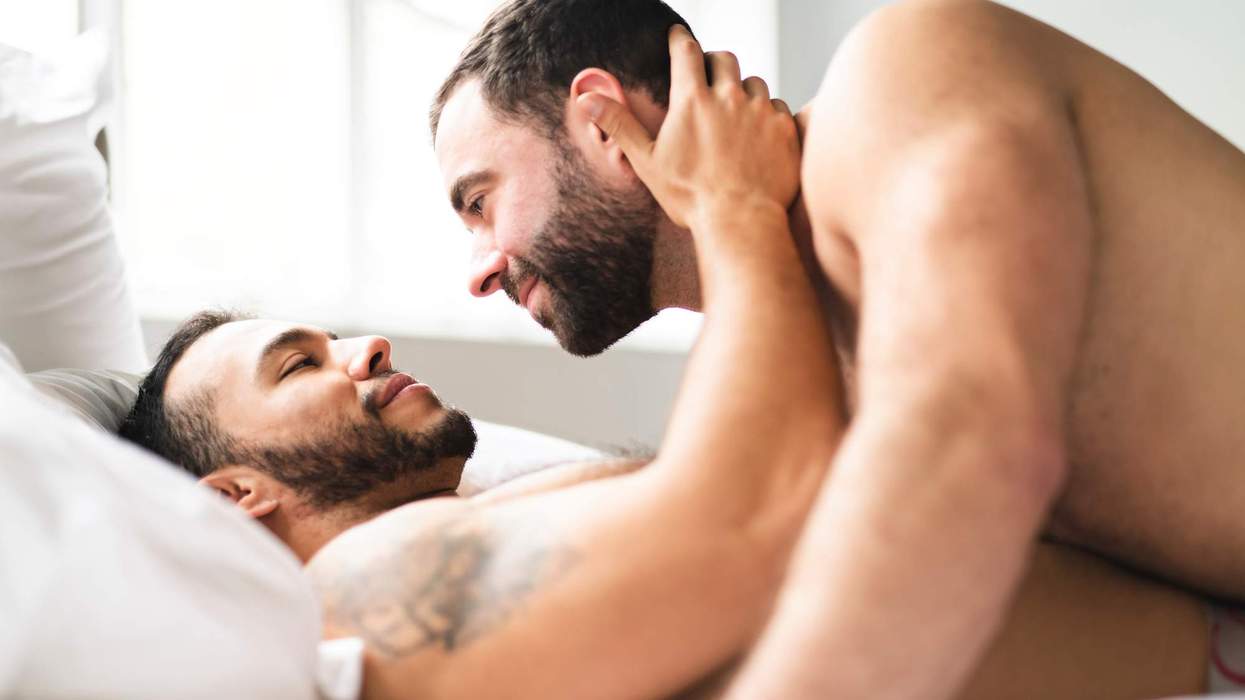
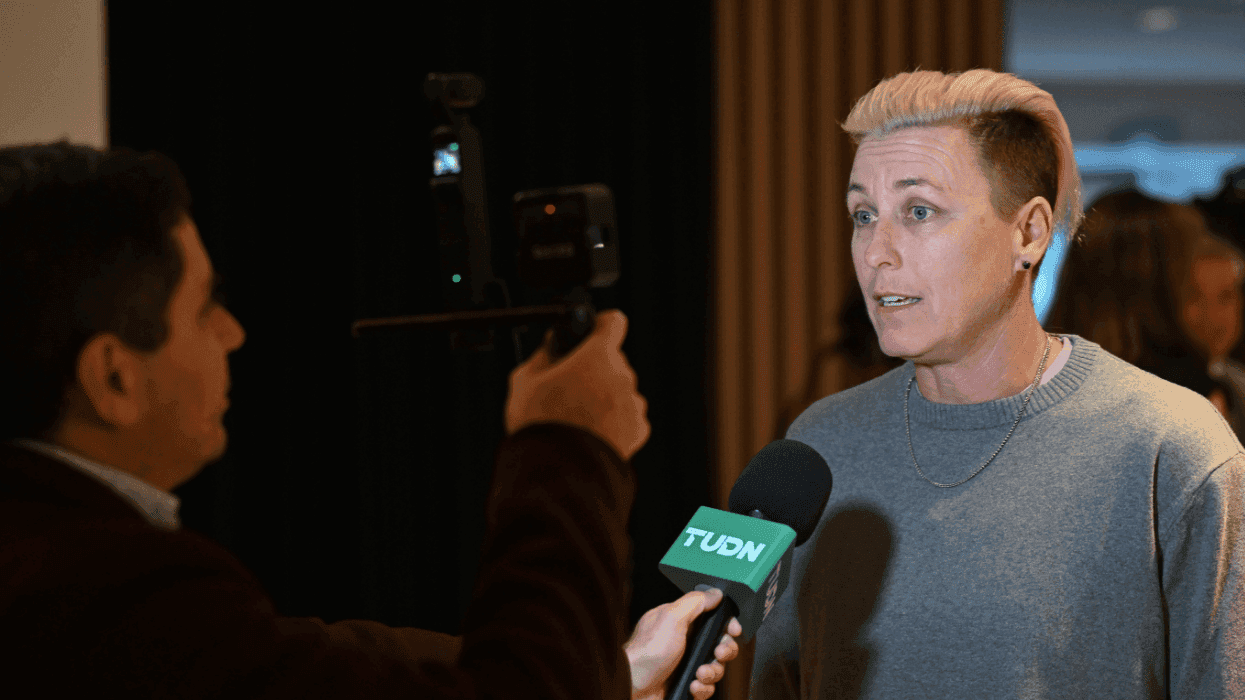
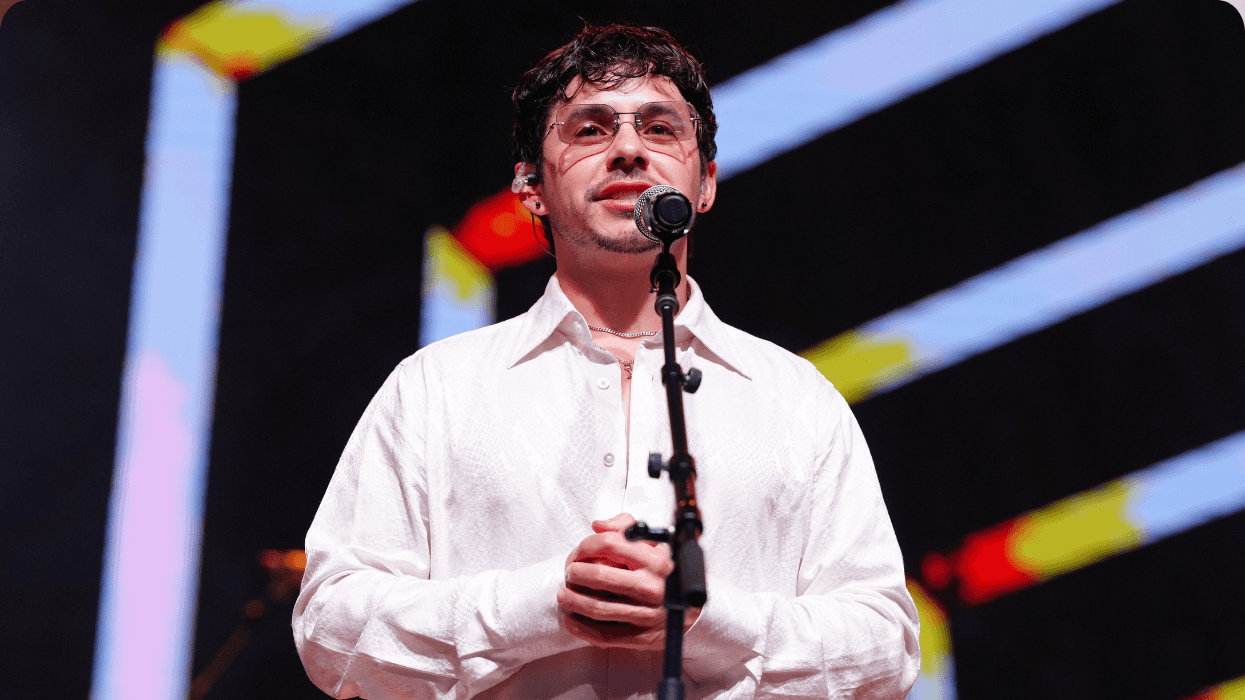




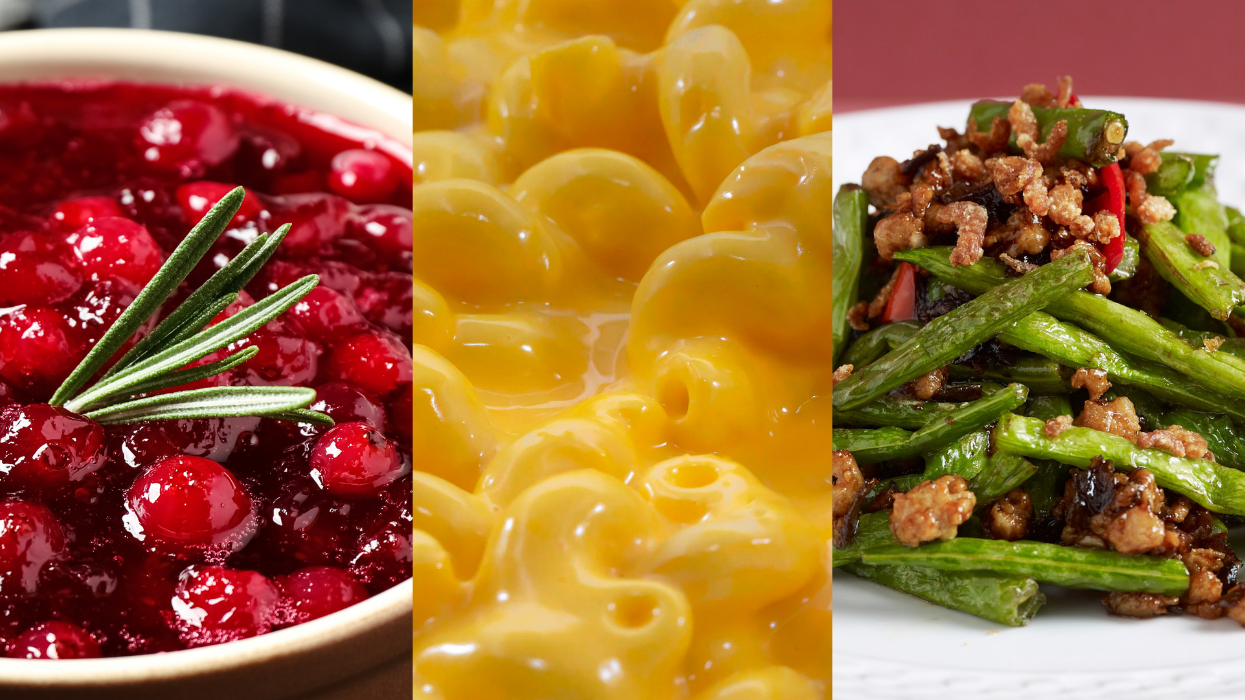







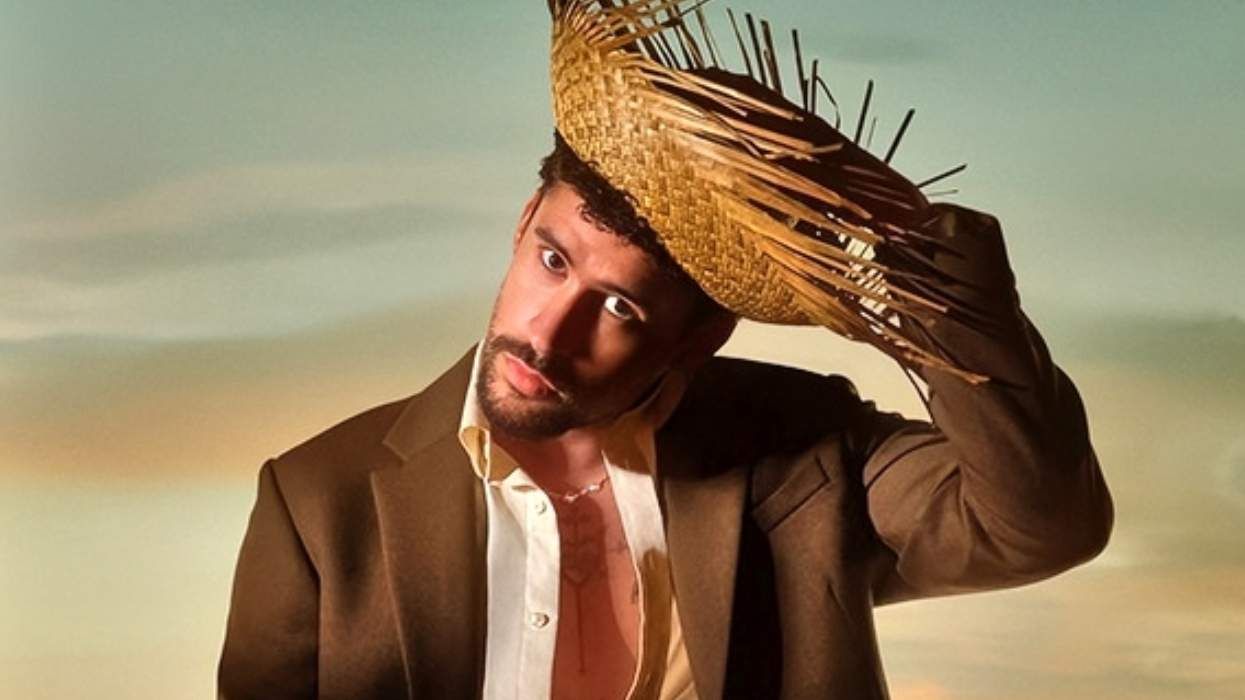
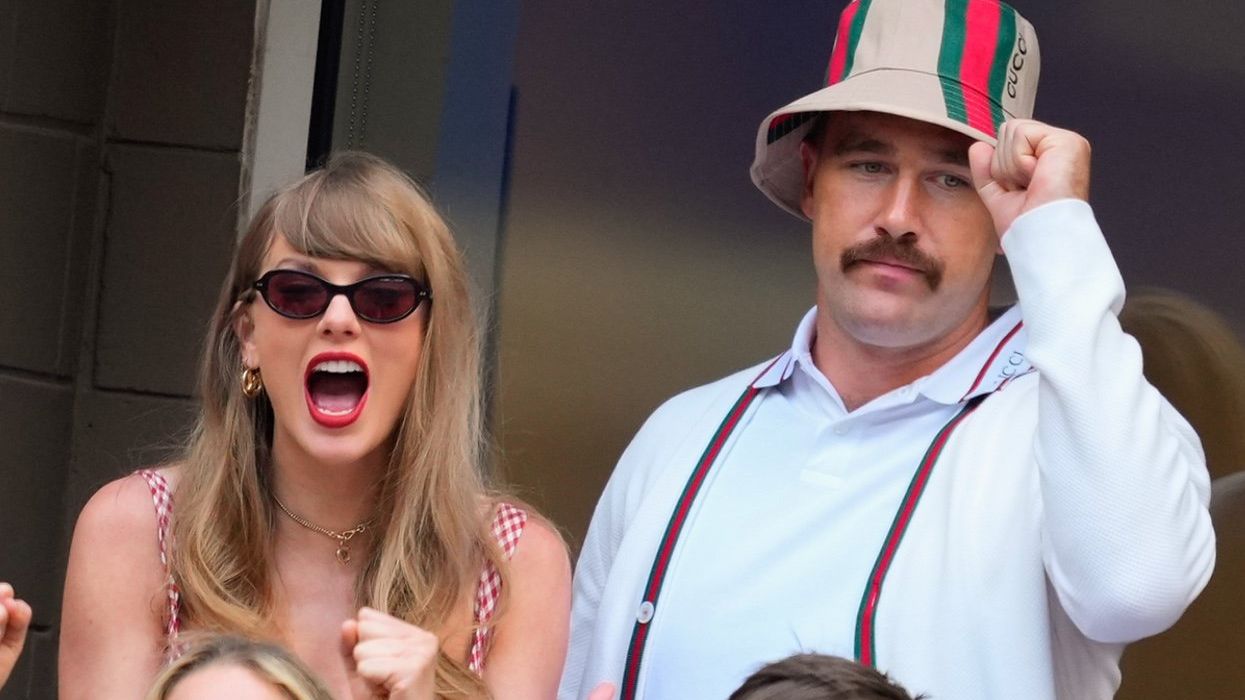
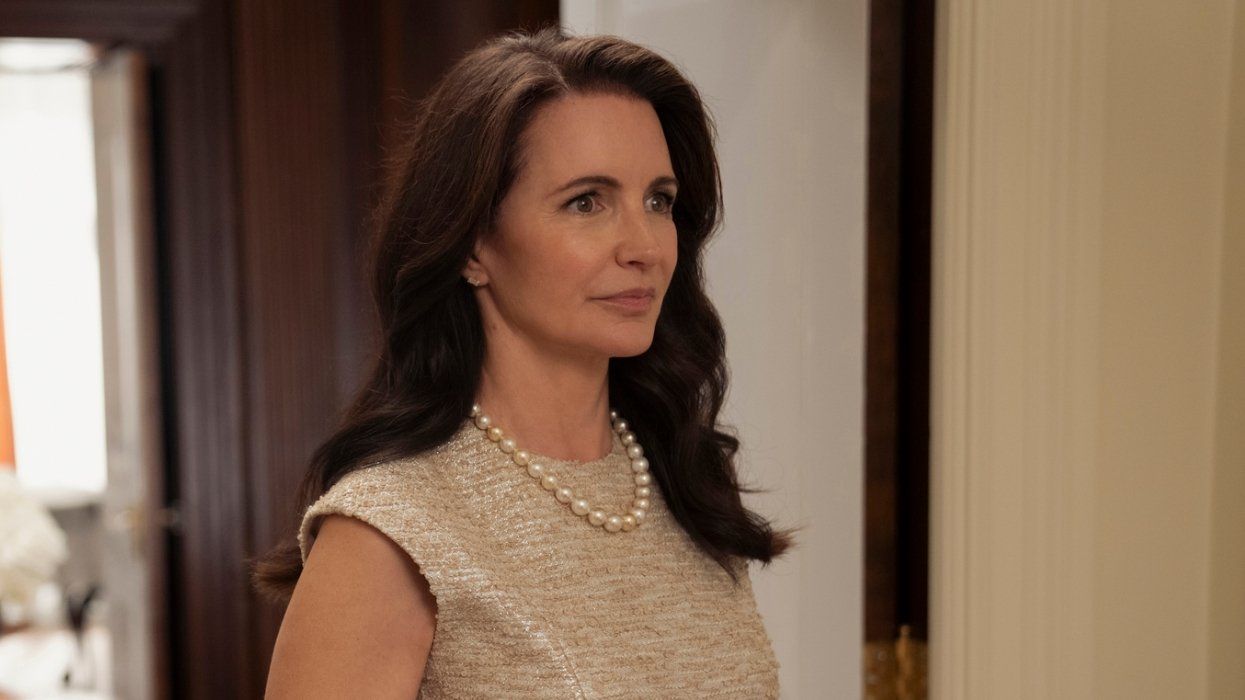
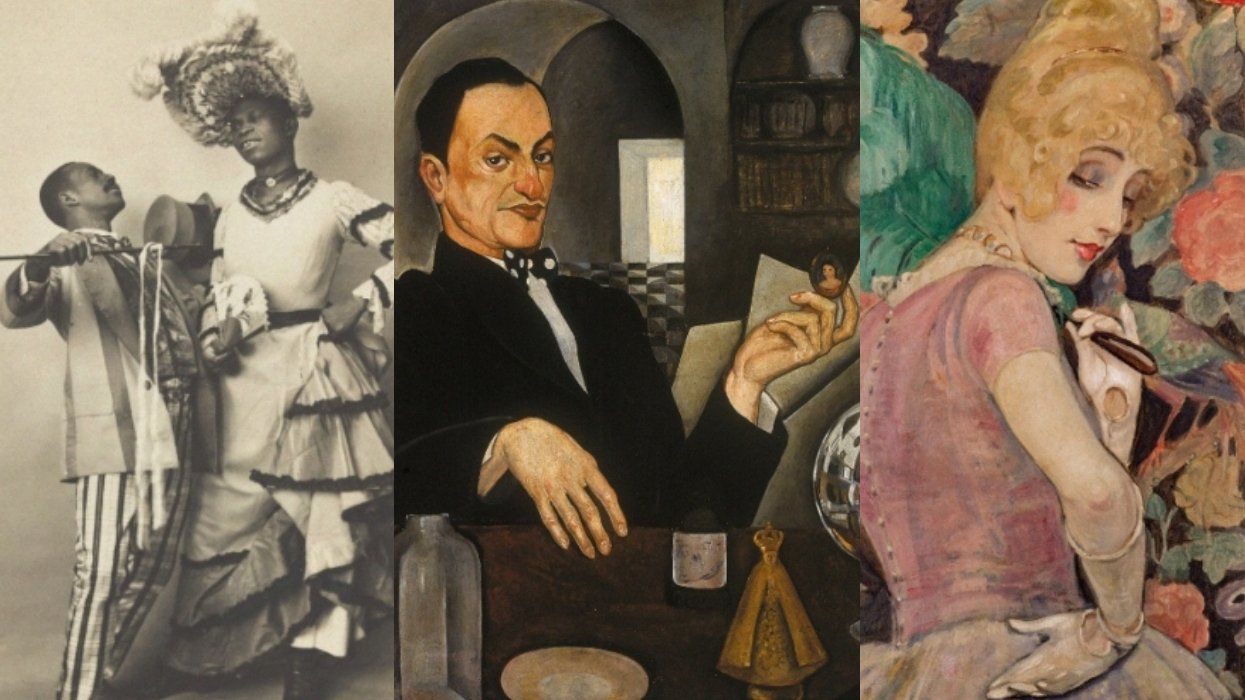


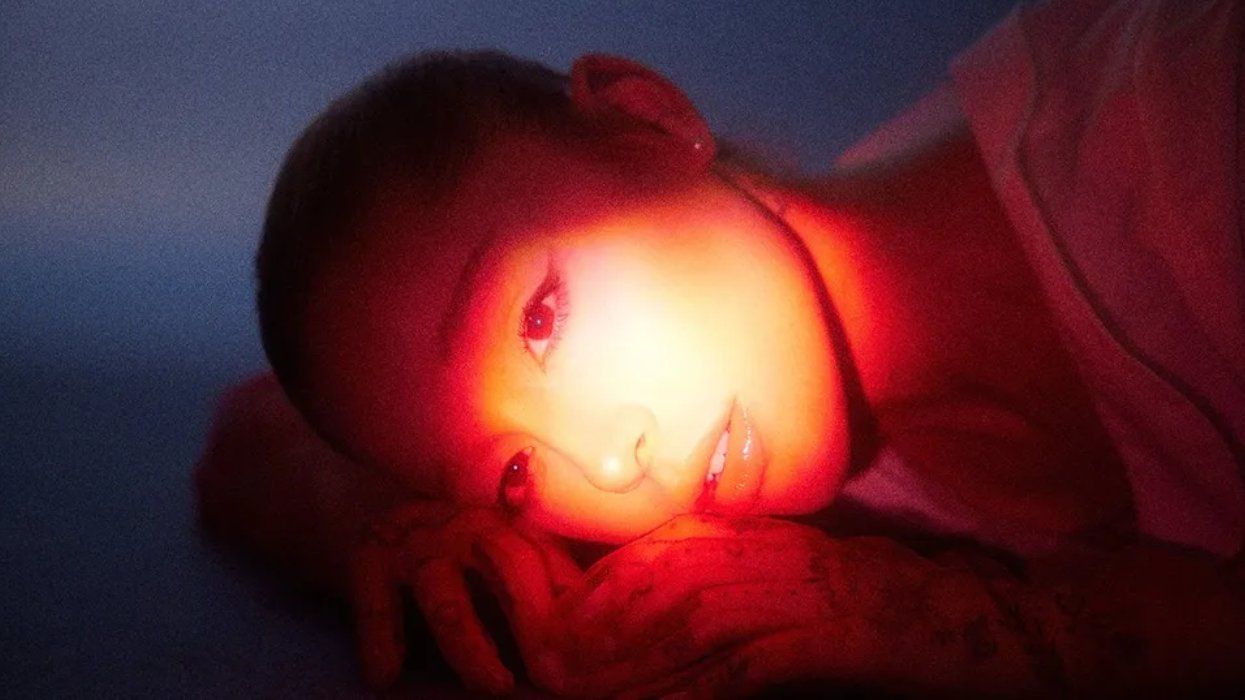
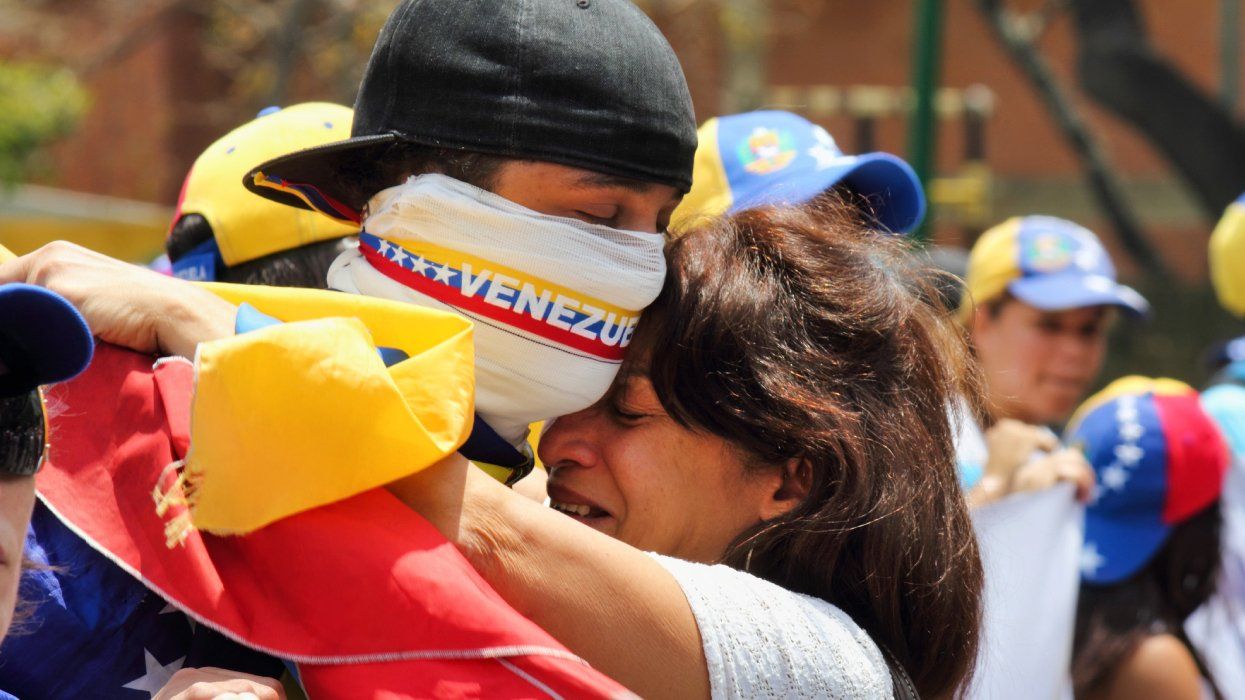
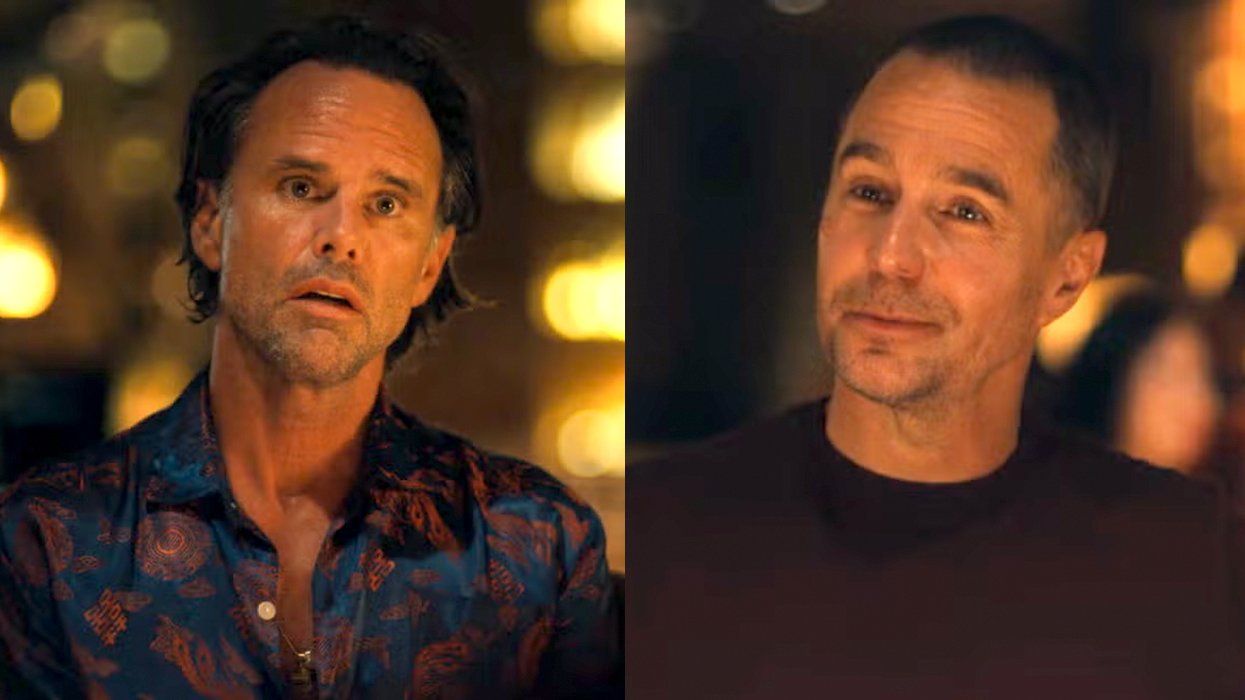

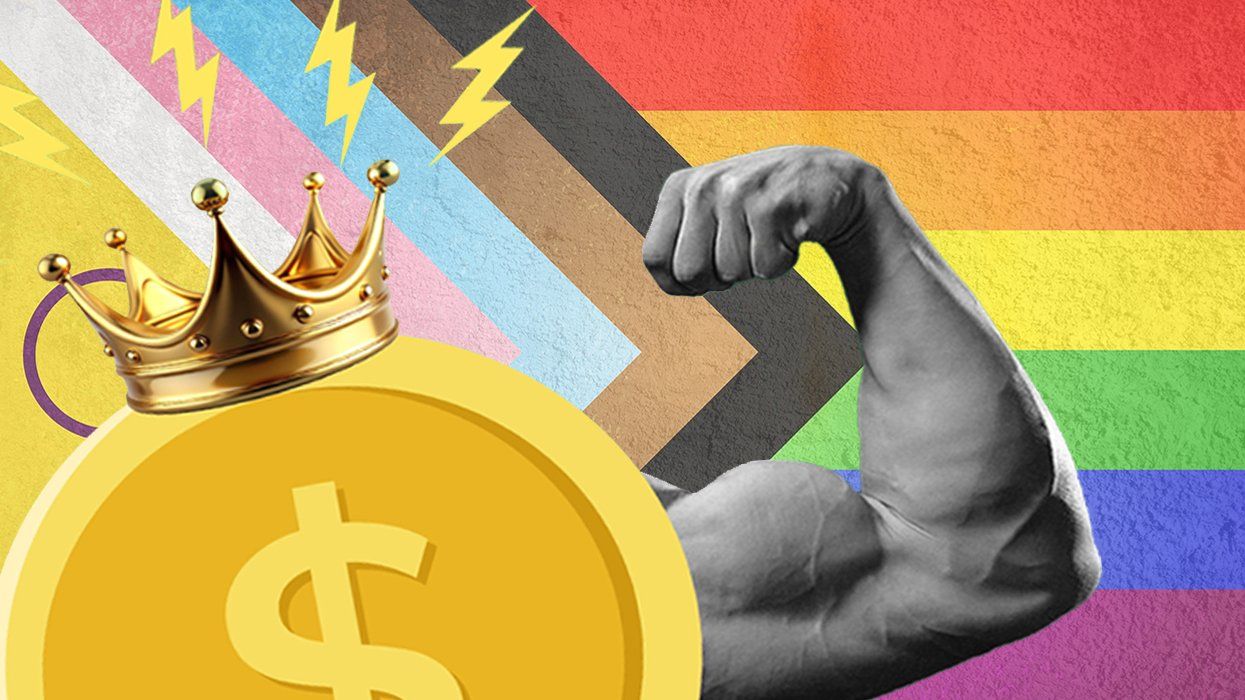
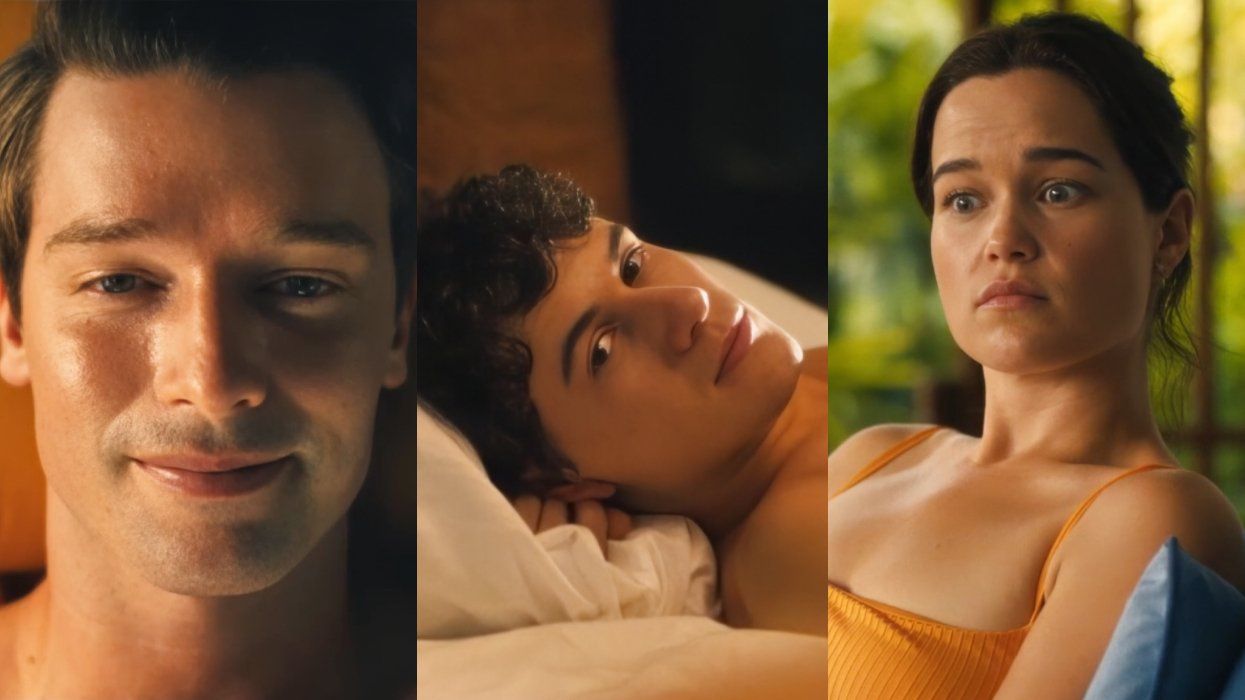
Dear NFL: If You Want to Be LGBTQ+ Allies, Hire Out Players
"I am an out bisexual NFL free agent, and I desperately hope that we are finally ready for this change," write Ryan Russell.